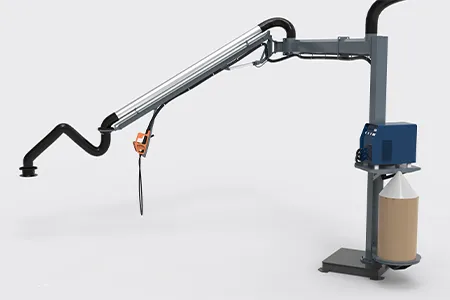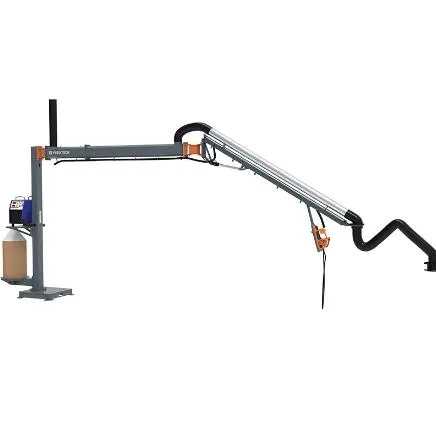Compared to traditional calcium/zinc soap-based stabilizers, Calcium Acetylacetonate exhibits superior thermal stability and non-toxicity, making it more cost-effective in practical applications. Especially for rigid PVC products, Calcium Acetylacetonate can significantly improve initial coloration and long-term thermal stability, promote PVC plasticization, and increase the smoothness and brightness of product surfaces. This achieves a balance between environmental benefits and product quality without compromising on either.
In addition to improving mechanical properties and reducing costs, talc also contributes to sustainability efforts within the plastics industry. As the world becomes more aware of environmental issues, there is a growing demand for sustainable practices and materials. Talc is a naturally occurring mineral, making it a more sustainable option compared to synthetic fillers. Furthermore, incorporating talc in plastics can enable manufacturers to produce lighter products, which, in turn, can lead to lower energy consumption during transportation and end-user applications. Lightweight products help reduce carbon footprints, contributing to more sustainable practices within manufacturing and logistics.
Sulfamic acid, a straight-chain sulfonic acid, has gained recognition in industrial and household cleaning circles for its exceptional efficacy as a cleaning agent. As a versatile compound, sulfamic acid cleaner proves effective in various applications due to its powerful properties. This article explores the characteristics, uses, advantages, and safety considerations of sulfamic acid cleaners.


